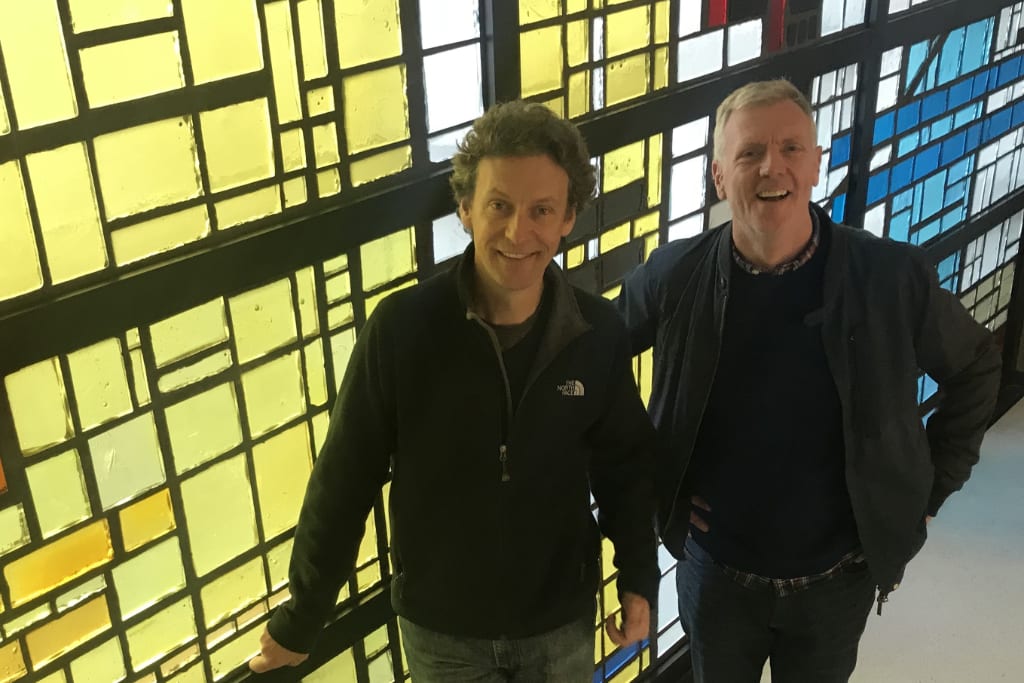Former Momondo CEO Hugo Burge Serves as a Startup Guardian Angel

Skift Take
Having sold his business to Booking Holdings last year, former Momondo CEO Hugo Burge has had more time for venture investing. His views on travel startup funding are insightful. And we're not saying that just because we hope to be invited to see the gorgeous mansion in Scotland that he's been refurbishing.
Many founders and investors know that selling a company to Booking Holdings, the largest of the digital travel conglomerates, can be a great outcome — the next best outcome to listing as a public company. Hugo Burge helped foster that outcome for Momondo Group, and is now using some of the lessons he's learned and profits he's made to help a new generation of companies.
In March 2000, Burge invested in UK-headquartered online travel deals company Cheapflights, when it was a three-person operation. He helped to grow the business to the point that it acquired travel-price comparison site Momondo in 2011. Burge used bank debt, serviced out of cash flow, to create an organization with more than 350 employees.
In 2014, the renamed Momondo Group attracted about $105 million (£80 million), in investment from private equity firm Great Hill Partners.
The funds gave an exit to earlier Cheapflights equity investors, who had put in an undisclosed amount when buying the company from journalist John Hatt in March 2000. The buyout valued the Momondo Group at $210 million (£132 million). The company then grew almost exclusively out of cash flow.
In 2017, Booking Holdings bought travel search company Momondo Group for $550 million. Booking Holdings CEO Glenn Fogel said, “Momondo and Cheapflights are premium brands that have garnered a loyal customer base throughout key markets in Europe.”
The value of the sale was nearly five times 2016 revenue, according to Skift Research. Last week, Burge described the valuation as "being on reasonable terms and multiples for a business showing early promising trends since the Momondo acquisition."
In July 2017, Burge stepped aside as CEO after Momondo’s brands rolled into Booking Holdings' price-comparison brand Kayak.
Bullish on Metasearch
Since the Momondo sale, travel metasearch has had some hiccups, with TripAdvisor scaling back its instant booking effort, and Trivago's growth going into reverse. Some have said that metasearch is in "big trouble."
Burge disagreed in an interview last week. "Some metasearch brands are thriving and doing well," he said. "Others have fallen into seemingly rather obvious pitfalls — not putting the user first or becoming absurdly reliant on too few partners, which are recipes for disaster.

